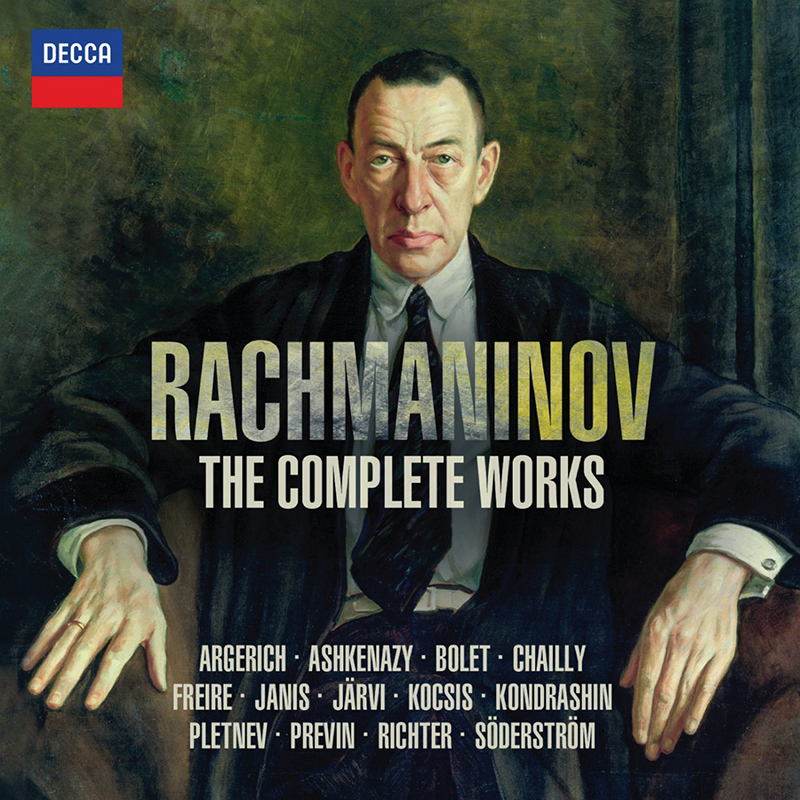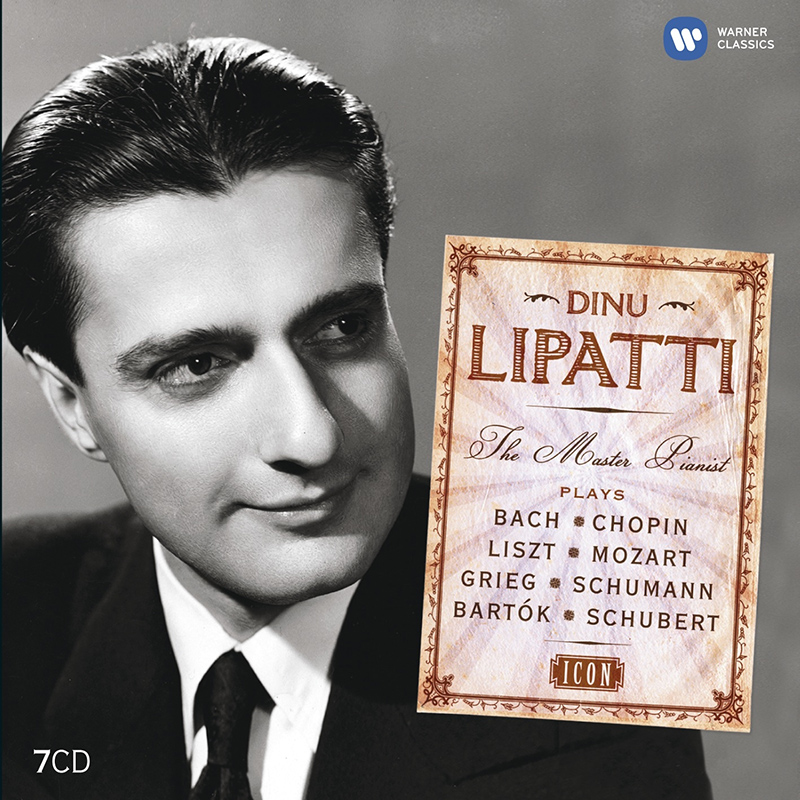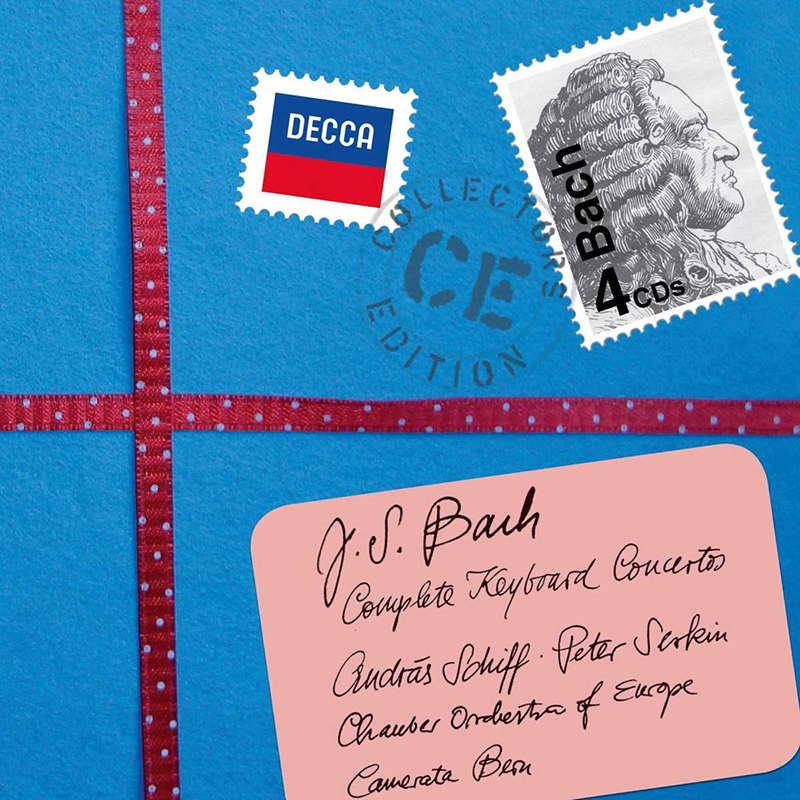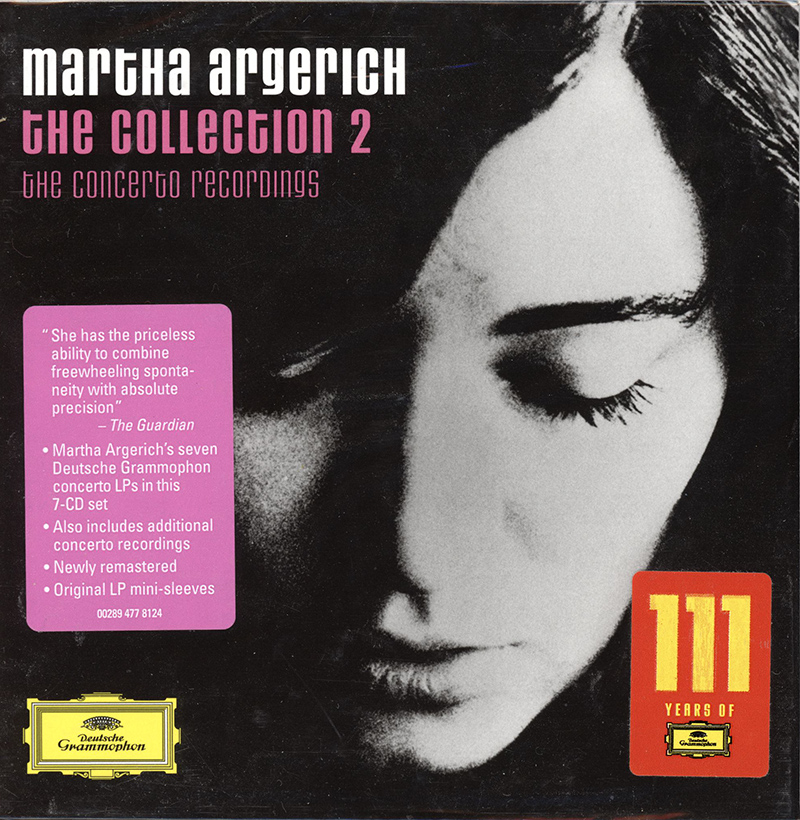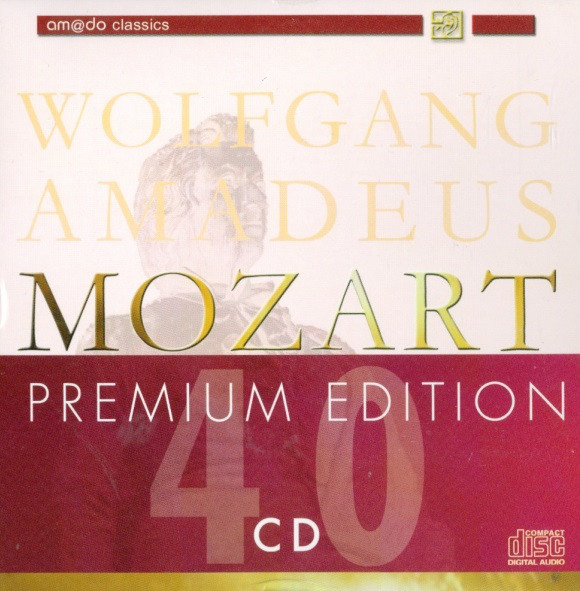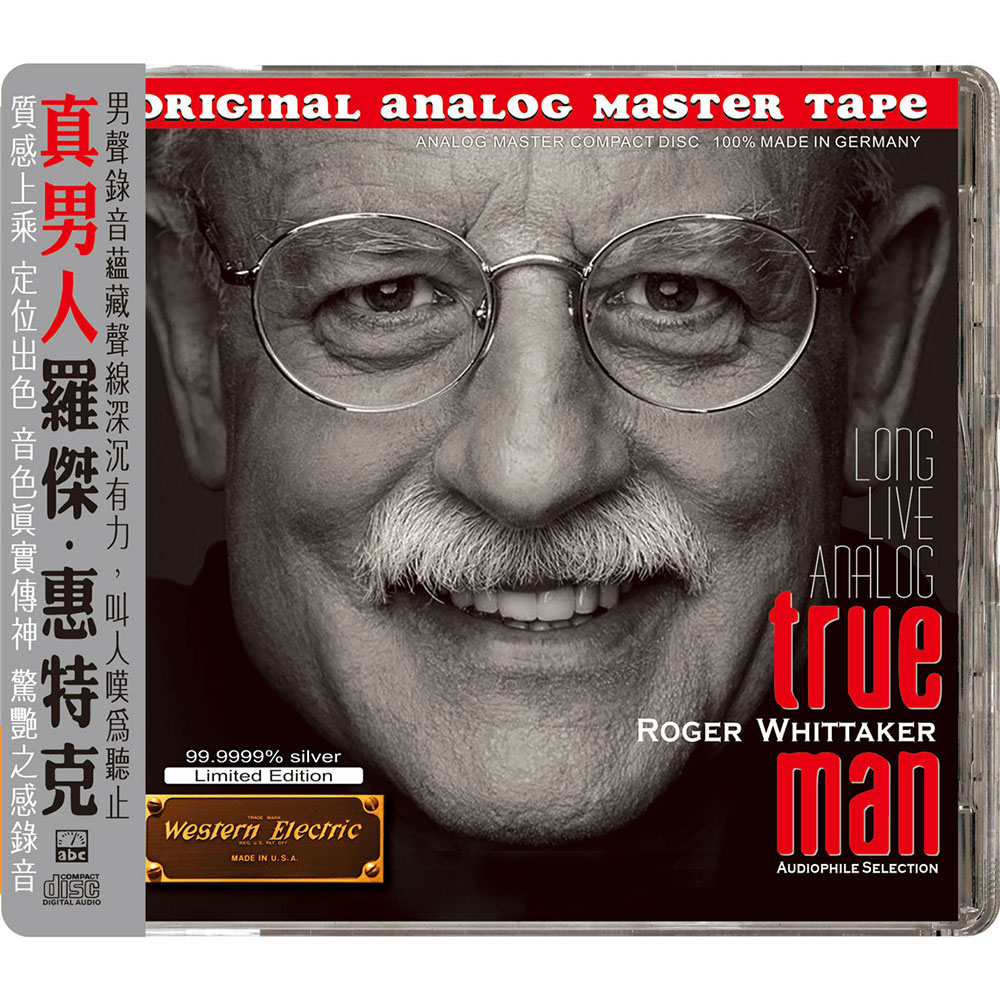Logowanie
KOLEKCJE!
BACH, CHOPIN, LISZT, MOZART, GRIEG, Dinu Lipatti, Otto Ackermann, Ernest Ansermet
The Master Pianist
PROKOFIEV, CHOPIN, TCHAIKOVSKY, SCHUMANN, BEETHOVEN, Martha Argerich, Claudio Abbado, Giuseppe Sinopoli
The Concerto Recordings
The Collection 2
Jakość LABORATORYJNA!
ORFF, Gundula Janowitz, Gerhard Stolze, Dietrich-Fischer Dieskau, Deutsche Oper Berlin, Eugen Jochum
Carmina Burana
ESOTERIC - NUMER JEDEN W ŚWIECIE AUDIOFILII I MELOMANÓW - SACD HYBR
Winylowy niezbędnik
ClearAudio
Essence MC
kumulacja zoptymalizowana: najlepsze z najważniejszych i najważniejsze z najlepszych cech przetworników Clearaudio
Direct-To-Disc
PIAZZOLLA, ChamberJam Europe
Tangos del Ángel y del Diablo
Direct-to-Disc ( D2D ) - Numbered Limited Edition
Roger Whittaker
True man
- Roger Whittaker - vocal
ULTRA Analog CD - AAD is a Digital Copy Of The Master Tape - SILVER CD
Cząsteczki srebra są jednolite i mają stały współczynnik odbicia, co zapewnia równą, reprodukcyjną jakość dźwięku. Posrebrzany `CD 6N ma również wyższy współczynnik odbicia niż 24-karatowe złoto.
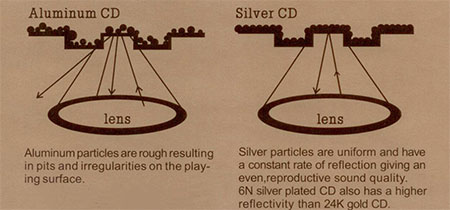 With his avuncular appearance and rich baritone, African-born British pop singer Roger Whittaker seemed like a late successor to Bing Crosby when he emerged into worldwide popularity in the '70s. Although his initial hits were self-written, he quickly turned largely to interpretive singing as he recorded prolifically. With the front line of the popular music business dominated by young performers playing pop/rock, he and his music soon encountered resistance from radio and the music press. Also, the U.S. was one of the last regions of the world to acknowledge him, and he never focused primarily on America, resulting in an underestimation of his stardom stateside, where he was thought of as a one-hit wonder for "The Last Farewell." But he maintained a large following in Europe and the Far East where he performed frequently, resulting in sales that were estimated at 40 million albums worldwide by the early '90s.
The son of immigrants from Staffordshire, England, Whittaker was born in Nairobi, Kenya, on March 22, 1936. His father, Edward Whittaker, owned a grocery store, for which his mother, Viola Whittaker, kept the books; she later worked as a teacher. He took up the guitar at the age of seven and learned to sing songs in Swahili, but did not think of music as a career until much later. In 1956, he entered the University of Cape Town, South Africa as a medical student, but flunked out in his second year and returned to Nairobi, where he taught primary school and performed in nightclubs. In September 1959, he moved to the U.K. and began attending Bangor University in Wales, where he studied science with the intention of furthering his teaching career. But he continued to sing in clubs, and in the early '60s, a few of his recordings were issued on flexi-discs included with a campus publication, the Bangor University Rag, and credited to Hank & the Mellomen, to raise money for charity. This brought him to the attention of Fontana Records, which signed him to a contract and released his first professional single, "The Charge of the Light Brigade," credited to Rog Whittaker, in 1962. His second single was a cover of American country singer Jimmy Dean's "Steel Men." It gave him his first chart entry near the bottom of the New Musical Express Top 30 in June 1962, just as he was passing his final exams. So, instead of going on for his PhD, he acquired a manager and turned to singing full-time, soon gaining a residency on This and That, a television show in Ulster, Northern Ireland. The next few years he struggled to make a living on the British cabaret circuit, but in the spring of 1967 he won a prize at the Knokke Song Festival in Belgium, leading to recordings of his composition "The Mexican Whistler" and his version of "If I Were a Rich Man" from the musical Fiddler on the Roof. Both became hits in Europe, breaking him as a headlining concert attraction on the continent.
By 1968, Whittaker had switched record labels to EMI, which released his discs on its Columbia imprint (no relation to the American Columbia Records). In the fall of 1969, he scored his first Top 20 hit in Britain with the self-written "Durham Town (The Leavin')." He was signed to RCA Victor Records for the U.S., and in the spring of 1970 another of his compositions, the sunny, uptempo "New World in the Morning," became a Top 20 hit on the American Easy Listening chart. At the same time, his British single was the melodramatic, anti-war original "I Don't Believe in 'If' Anymore," which reached the pop Top Ten. In the U.S., "I Don't Believe in 'If' Anymore" followed "New World in the Morning" and became a Top 30 Easy Listening hit that summer; in the U.K., "New World in the Morning" followed "I Don't Believe in 'If' Anymore" and became a Top 20 pop hit that fall. In the U.S., RCA released Whittaker's first American album, New World in the Morning, while in the U.K., an album titled I Don't Believe in "If" Anymore gave him his first chart LP as he accepted offers to host a children's television show and a radio series. ("New World in the Morning" went on to become one of his more valuable copyrights as a songwriter, earning covers by Eddy Arnold and Al Martino, among others.)
Whittaker continued his success on both sides of the Atlantic and, indeed, around the world, in 1971. The philosophical "Why?," for which he had composed the music to a lyric submitted by amateur writer Joan Stanton as part of a contest on his radio show, reached the American Easy Listening chart and the British pop chart, and it won the U.K.'s coveted Ivor Novello songwriting award for 1971-1972. Whittaker also returned to Britain LP chart with his New World in the Morning album and made the U.K. Top 40 with "Mammy Blue." He also released the album A Special Kind of Man, which included "The Last Farewell," a romantic ballad of war and separation he had composed and set to lyrics sent in by another amateur writer, Ron Webster, as part of the same radio competition that produced "Why?"
As he turned 40 in 1976, Whittaker undertook his first U.S. tour. "Durham Town (The Leavin')" belatedly made the easy listening chart, followed in mid-year by the Top 20 "The First Hello, The Last Goodbye," co-written by the singer. In the U.K., his chart LP for the year was The Second Album of the Very Best of Roger Whittaker. He returned to the American easy listening chart in February 1977 with "Before She Breaks My Heart," and while RCA's release of The Best of Roger Whittaker in March never made the charts, it sold well enough over the next several years to be certified gold in 1980. Meanwhile, he hosted another TV series, Whittaker's World of Music, in Britain in 1977.
From the late '70s into the early '80s, Whittaker continued to score minor chart entries in the U.S. and the U.K. while touring around the world. In America, his Easy Listening/Adult Contemporary chart entries were "If I Knew Just What to Say" (1978) and the self-penned "You Are My Miracle" (1979), while his albums When I Need You (1979), Mirrors of My Mind (1979), Voyager (1980), Roger Whittaker with Love (1980), and Live in Concert (1981) made the bottom half of the Top 200. In the U.K., the chart hits were all compilation albums: Roger Whittaker Sings the Hits (1978), 20 All Time Greats (1979), and The Roger Whittaker Album (1981). He also addressed his non-English-speaking audience by singing phonetically in other languages, releasing Mein Deutsches Album in West Germany in 1979, for example. In 1982, he scored a number one hit in West Germany with "Albany," and the same year he returned to Kenya for the first time in two decades, commemorating the occasion with the 1984 album and documentary In Kenya: A Musical Safari.
He had toured the U.S. in 1980, but he didn't return until 1983. In the late '70s, he had launched his own Tembo Records company (tembo is the word for elephant in Swahili). Tembo licensed his recordings to Main Street Records in the U.S., and the label made a push to establish him as a country singer, getting "I Love You Because" into the lower reaches of the country chart in late 1983 and achieving a six-month country chart run for All Time Heart Touching Favorites in 1984. But by 1985, he was back to releasing his records through RCA in the U.S. In the fall of 1986, he returned to the British Top Ten with "The Skye Boat Song," in a duet with comedian Des O'Conner, and he continued to chart LPs in the U.K. occasionally over the next decade: Skye Boat Song and Other Great Songs (1986), His Finest Collection (1987), Home Lovin' Man (1989), and A Perfect Day -- His Greatest Hits & More (1996). Often, his albums repackaged older recordings with perhaps one or two new tracks. Thus, if he did make a new album, it was an event. When Awakening appeared on RCA in the U.S. in 1999, a sticker affixed to the front cover proclaimed: "The first totally original Whittaker album in over seven years. Contains all new material!"
After completing a tour of Germany (by then his strongest market) in 2001, a 65-year-old Whittaker announced his retirement from performing and settled down with his wife of 37 years in Ireland. Like many musical performers, however, he was unable to hold to this declaration and was back on tour in Germany in 2003, with plans for more recordings and concerts planned years ahead.
With his avuncular appearance and rich baritone, African-born British pop singer Roger Whittaker seemed like a late successor to Bing Crosby when he emerged into worldwide popularity in the '70s. Although his initial hits were self-written, he quickly turned largely to interpretive singing as he recorded prolifically. With the front line of the popular music business dominated by young performers playing pop/rock, he and his music soon encountered resistance from radio and the music press. Also, the U.S. was one of the last regions of the world to acknowledge him, and he never focused primarily on America, resulting in an underestimation of his stardom stateside, where he was thought of as a one-hit wonder for "The Last Farewell." But he maintained a large following in Europe and the Far East where he performed frequently, resulting in sales that were estimated at 40 million albums worldwide by the early '90s.
The son of immigrants from Staffordshire, England, Whittaker was born in Nairobi, Kenya, on March 22, 1936. His father, Edward Whittaker, owned a grocery store, for which his mother, Viola Whittaker, kept the books; she later worked as a teacher. He took up the guitar at the age of seven and learned to sing songs in Swahili, but did not think of music as a career until much later. In 1956, he entered the University of Cape Town, South Africa as a medical student, but flunked out in his second year and returned to Nairobi, where he taught primary school and performed in nightclubs. In September 1959, he moved to the U.K. and began attending Bangor University in Wales, where he studied science with the intention of furthering his teaching career. But he continued to sing in clubs, and in the early '60s, a few of his recordings were issued on flexi-discs included with a campus publication, the Bangor University Rag, and credited to Hank & the Mellomen, to raise money for charity. This brought him to the attention of Fontana Records, which signed him to a contract and released his first professional single, "The Charge of the Light Brigade," credited to Rog Whittaker, in 1962. His second single was a cover of American country singer Jimmy Dean's "Steel Men." It gave him his first chart entry near the bottom of the New Musical Express Top 30 in June 1962, just as he was passing his final exams. So, instead of going on for his PhD, he acquired a manager and turned to singing full-time, soon gaining a residency on This and That, a television show in Ulster, Northern Ireland. The next few years he struggled to make a living on the British cabaret circuit, but in the spring of 1967 he won a prize at the Knokke Song Festival in Belgium, leading to recordings of his composition "The Mexican Whistler" and his version of "If I Were a Rich Man" from the musical Fiddler on the Roof. Both became hits in Europe, breaking him as a headlining concert attraction on the continent.
By 1968, Whittaker had switched record labels to EMI, which released his discs on its Columbia imprint (no relation to the American Columbia Records). In the fall of 1969, he scored his first Top 20 hit in Britain with the self-written "Durham Town (The Leavin')." He was signed to RCA Victor Records for the U.S., and in the spring of 1970 another of his compositions, the sunny, uptempo "New World in the Morning," became a Top 20 hit on the American Easy Listening chart. At the same time, his British single was the melodramatic, anti-war original "I Don't Believe in 'If' Anymore," which reached the pop Top Ten. In the U.S., "I Don't Believe in 'If' Anymore" followed "New World in the Morning" and became a Top 30 Easy Listening hit that summer; in the U.K., "New World in the Morning" followed "I Don't Believe in 'If' Anymore" and became a Top 20 pop hit that fall. In the U.S., RCA released Whittaker's first American album, New World in the Morning, while in the U.K., an album titled I Don't Believe in "If" Anymore gave him his first chart LP as he accepted offers to host a children's television show and a radio series. ("New World in the Morning" went on to become one of his more valuable copyrights as a songwriter, earning covers by Eddy Arnold and Al Martino, among others.)
Whittaker continued his success on both sides of the Atlantic and, indeed, around the world, in 1971. The philosophical "Why?," for which he had composed the music to a lyric submitted by amateur writer Joan Stanton as part of a contest on his radio show, reached the American Easy Listening chart and the British pop chart, and it won the U.K.'s coveted Ivor Novello songwriting award for 1971-1972. Whittaker also returned to Britain LP chart with his New World in the Morning album and made the U.K. Top 40 with "Mammy Blue." He also released the album A Special Kind of Man, which included "The Last Farewell," a romantic ballad of war and separation he had composed and set to lyrics sent in by another amateur writer, Ron Webster, as part of the same radio competition that produced "Why?"
As he turned 40 in 1976, Whittaker undertook his first U.S. tour. "Durham Town (The Leavin')" belatedly made the easy listening chart, followed in mid-year by the Top 20 "The First Hello, The Last Goodbye," co-written by the singer. In the U.K., his chart LP for the year was The Second Album of the Very Best of Roger Whittaker. He returned to the American easy listening chart in February 1977 with "Before She Breaks My Heart," and while RCA's release of The Best of Roger Whittaker in March never made the charts, it sold well enough over the next several years to be certified gold in 1980. Meanwhile, he hosted another TV series, Whittaker's World of Music, in Britain in 1977.
From the late '70s into the early '80s, Whittaker continued to score minor chart entries in the U.S. and the U.K. while touring around the world. In America, his Easy Listening/Adult Contemporary chart entries were "If I Knew Just What to Say" (1978) and the self-penned "You Are My Miracle" (1979), while his albums When I Need You (1979), Mirrors of My Mind (1979), Voyager (1980), Roger Whittaker with Love (1980), and Live in Concert (1981) made the bottom half of the Top 200. In the U.K., the chart hits were all compilation albums: Roger Whittaker Sings the Hits (1978), 20 All Time Greats (1979), and The Roger Whittaker Album (1981). He also addressed his non-English-speaking audience by singing phonetically in other languages, releasing Mein Deutsches Album in West Germany in 1979, for example. In 1982, he scored a number one hit in West Germany with "Albany," and the same year he returned to Kenya for the first time in two decades, commemorating the occasion with the 1984 album and documentary In Kenya: A Musical Safari.
He had toured the U.S. in 1980, but he didn't return until 1983. In the late '70s, he had launched his own Tembo Records company (tembo is the word for elephant in Swahili). Tembo licensed his recordings to Main Street Records in the U.S., and the label made a push to establish him as a country singer, getting "I Love You Because" into the lower reaches of the country chart in late 1983 and achieving a six-month country chart run for All Time Heart Touching Favorites in 1984. But by 1985, he was back to releasing his records through RCA in the U.S. In the fall of 1986, he returned to the British Top Ten with "The Skye Boat Song," in a duet with comedian Des O'Conner, and he continued to chart LPs in the U.K. occasionally over the next decade: Skye Boat Song and Other Great Songs (1986), His Finest Collection (1987), Home Lovin' Man (1989), and A Perfect Day -- His Greatest Hits & More (1996). Often, his albums repackaged older recordings with perhaps one or two new tracks. Thus, if he did make a new album, it was an event. When Awakening appeared on RCA in the U.S. in 1999, a sticker affixed to the front cover proclaimed: "The first totally original Whittaker album in over seven years. Contains all new material!"
After completing a tour of Germany (by then his strongest market) in 2001, a 65-year-old Whittaker announced his retirement from performing and settled down with his wife of 37 years in Ireland. Like many musical performers, however, he was unable to hold to this declaration and was back on tour in Germany in 2003, with plans for more recordings and concerts planned years ahead.
